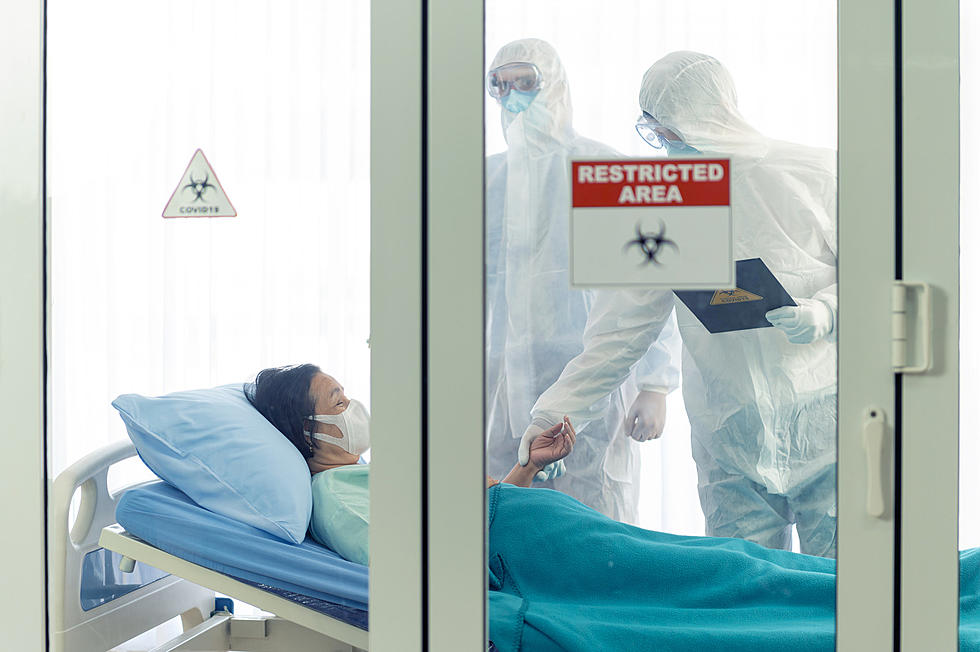
Gov. Mills Activates Maine National Guard Amid Rising COVID-19 Hospitalizations
Maine Gov. Janet Mills on Wednesday announced that she has activated additional members of the Maine National Guard to help alleviate short-term capacity constraints at hospitals and to help maintain access to inpatient health care services for Maine people amid a continued surge of COVID-19.
The Governor’s decision comes as Maine and the rest of New England experience record hospitalizations during a sustained surge of COVID-19 driven almost entirely by the Delta variant.
As of Wednesday, there were a record 379 people being treated for COVID-19 in Maine hospitals, including 117 patients in critical care and 60 on ventilators. Health officials say the vast majority of people hospitalized in Maine are not fully vaccinated. There are currently only 42 intensive care unit beds available in Maine.
To address the increasing strain on hospitals, the Governor signed a directive activating up to 75 additional members of the Maine National Guard who will be used in non-clinical support roles to expand capacity at health care facilities.
This includes support to nursing facilities with swing bed units that accept patients discharged from hospitals that are experiencing critical care capacity challenges. This will allow Maine hospitals to safely discharge more individuals, thus enabling them to provide inpatient care for more people with COVID-19 and to ensure care and treatment for other serious health problems.
Under the Governor’s directive, members of the National Guard will deploy next week to help administer monoclonal antibodies to prevent serious illness from COVID-19 and help keep Maine people out of critical care. Specific locations will be determined in the coming days.
The Mills Administration has also requested Federal COVID-19 Surge Response Teams on behalf of Maine Medical Center in Portland and Central Maine Medical Center in Lewiston under the Biden Administration’s COVID-19 Winter Response Plan. If approved, teams of Federal clinicians, including physicians, nurses, and certified nursing assistants, will supplement existing staff and members of the Maine National Guard to provide care for those with COVID-19.
The Governor continued to urge Maine people to get vaccinated as the most effective way to protect their health and those around them and to take commonsense steps like wearing a mask when in indoor public places or crowded outdoor places.
Answers to 25 common COVID-19 vaccine questions
More From









